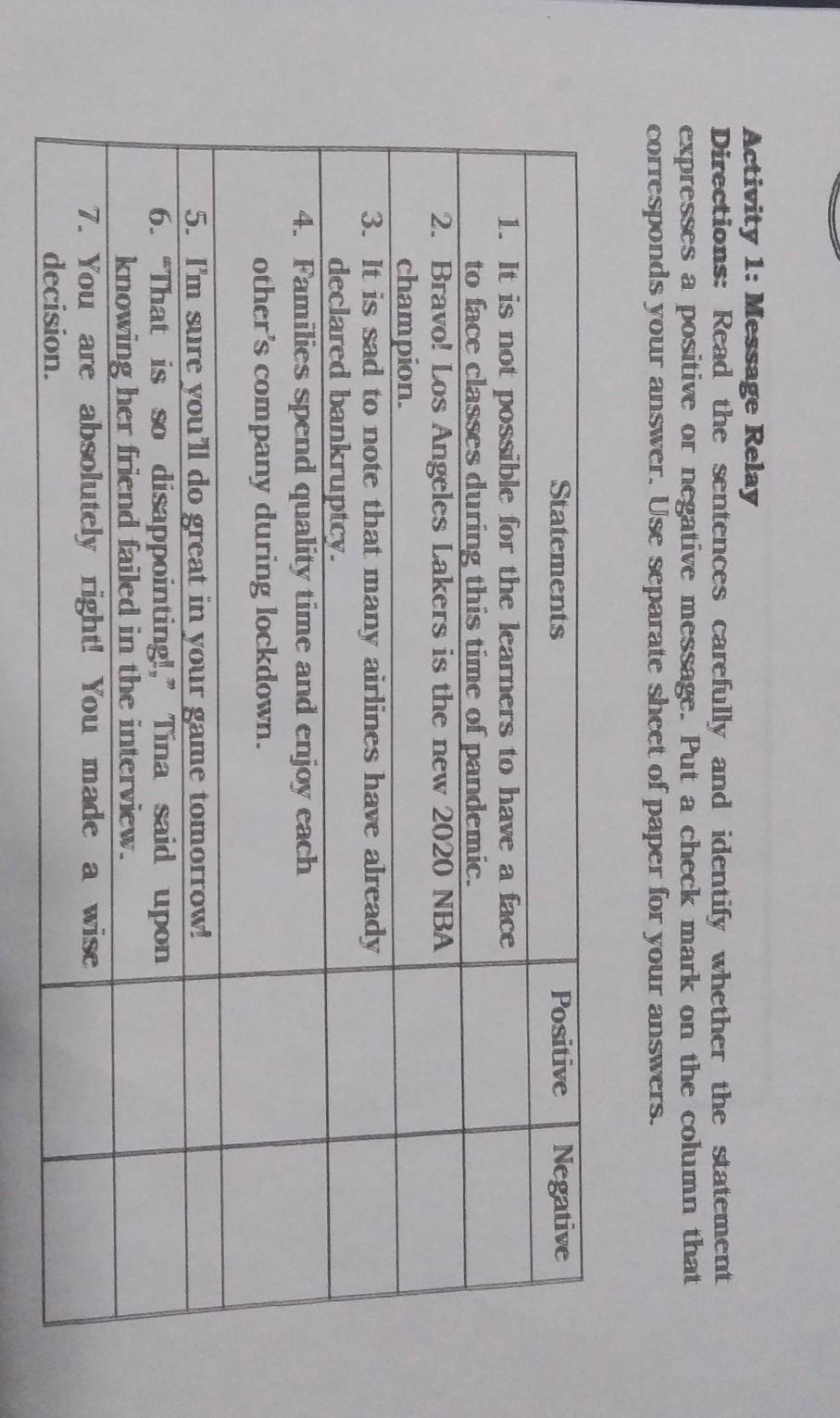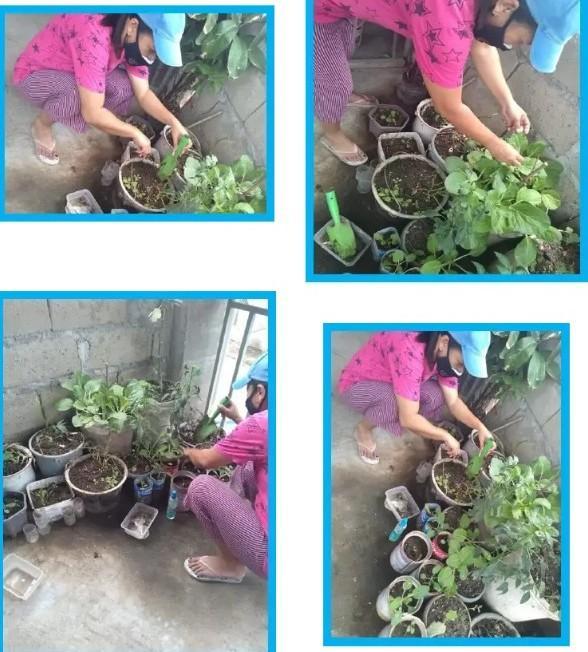Describe your role as a citisen student during this pandemic
Answers 1
Answer:
During the COVID-19 pandemic, being a good citizen student means putting in the effort to wear a mask, social distancing, and staying home if symptoms arise. For students living on campuses this fall, keeping their communities safe is more important than ever.
In order to continue their in-person education, students must go above and beyond the typical standards for good citizenship to do anything they can to protect their communities from COVID-19.
Here are a few ways college students can be good citizens during the COVID-19 pandemic:
Uphold the Community Health Pledge
Before coming to campus for the fall, many students—including those who attend Champlain signed a community health pledge promising to follow guidelines to keep their campuses healthy and safe. Champlain’s pledge outlines the responsibilities and obligations of students who are opting to take on-campus classes, including wearing a mask, reporting daily symptoms, and undergoing weekly COVID-19 testing. By signing the pledge, students agree to uphold the highest standards of health for themselves and the community. Adhering to the guidelines is of the utmost importance.
Help Community Members in Need
Transitioning to an altered version of campus life can be difficult for some students in terms of mental health and a lack of support and even supplies. Products such as wipes, hand sanitizer, and cleaning solutions can be hard to come by, so if you have more than you need, consider helping out someone else!
Stopping by a neighbor’s dorm with a pack of Lysol wipes or a mask can do more good than you know, especially for students who live alone. Alternatively, sharing resources for mental health services and COVID-19 safety information can be extremely valuable to community members in need.
Serve as a Role Model
One of the most powerful ways you can help is by setting an example of good citizenship for your peers. By showcasing the ways you are protecting yourself and others with masks, social distancing, and sanitizing, your actions can have an impact on those around you whether you realize it or not. Being a positive role model is more effective than shaming others who aren’t following guidelines, and it can even bring a community together. Students, faculty, staff, alumni, families, and members of the Champlain community are all invited to participate! We want to hear how you’re keeping our local Burlington community safe, as well as the other areas you’re living in around the world this fall.
Hold Others Accountable
At some point, you may come across a situation in which you witness someone not following social distancing or mask guidelines. Whether the incident is small, such as someone’s mask slipping below their nose, or more significant, it is your responsibility to help protect yourself and others. That being said, picking your battles is an important part of keeping your strategies effective, and situations that pose a higher risk should take priority.
The first thing you can do to hold others accountable is to politely ask them to change their behavior if it poses a risk to the community. This can be as simple as pointing out directional signage if someone is walking the wrong direction in a one-way hallway, or asking an individual if they are aware of the facial covering requirements if they are not wearing a mask in a space where they should. Simply approach the individual or group and use the same tone you would when speaking with a friend. How you say it matters. Phrases like “Hi! It seems like you forgot to put your mask on.” or “Sorry, I’m afraid of getting sick. Can we please both take a step back?” strike a balance between friendliness and firmness.
It is important to note that shaming isn’t likely to work, but being respectful and kind will de-escalate potentially volatile situations and help ensure the safety of everyone involved. If an individual refuses to comply with guidelines or becomes combative, put your own safety first and remove yourself from the situation. If you identify a pattern from a particular person or group, or a serious incident occurs, you should report your concerns. Contact your RA if something is happening in your residence hall, or call Campus Public Safety. These officials are here to keep the community safe.
Explanation:
Hope it helps!^^
-
Author:
greasessqz
-
Rate an answer:
5



